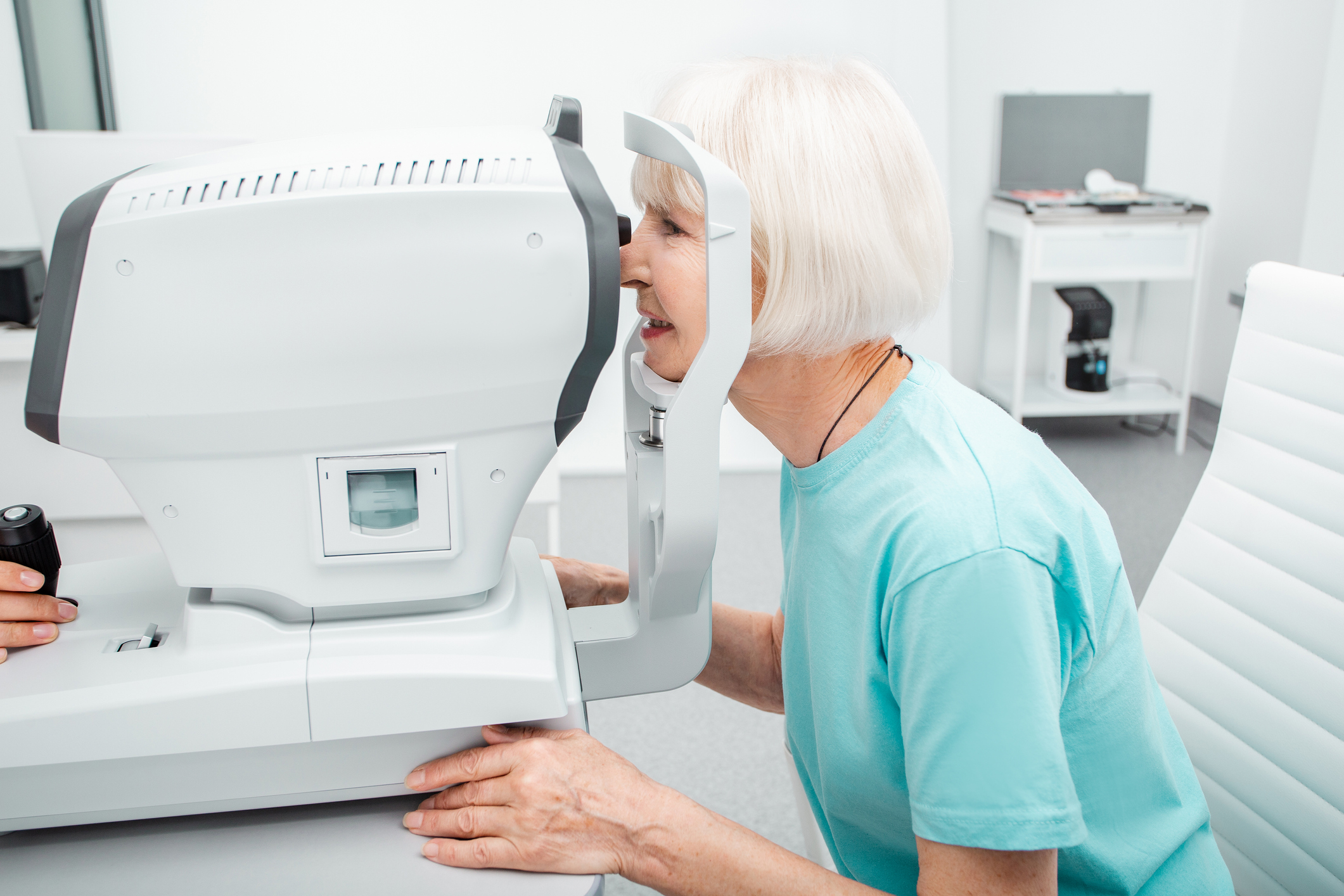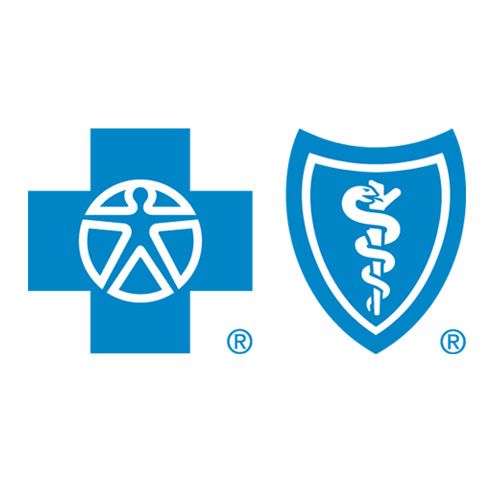Careful attention can keep aging eyes healthy and strong
August 13, 2021Vision loss is incredibly common as we age. To ensure eyes stay at their best, it’s important to make time for regular eye exams and to make a prompt visit to the doctor a priority to address any vision concerns.
 To help seniors navigate the ins and outs of vision health, we talked with Dr. Jesse Dovich of Northwest Eye Clinic about how to get the most out of your vision exam, common eye diseases related to aging and when vision problems require a doctor’s attention.
To help seniors navigate the ins and outs of vision health, we talked with Dr. Jesse Dovich of Northwest Eye Clinic about how to get the most out of your vision exam, common eye diseases related to aging and when vision problems require a doctor’s attention.
How often to see your eye doctor and what to talk about
Dr. Dovich says that routine eye exams are important for everyone and even more so as we age.
“I generally recommend everyone has an eye exam once per year, especially if they are over the age of 60,” Dr. Dovich says. “However, if anyone has a strong family history of illnesses that impact the eye, they may need to come in a couple times a year or more.”
He also notes that knowing family history is very important and often overlooked.
“Having routine conversations about vision health should be included in all health updates you share with your family,” Dr. Dovich says. “Tell your kids about any vision health updates and, if you’re able, ask your parents about their eye health and any relevant updates. That way you can give your eye doctor a complete history at your next checkup.”
He also stresses the importance of being prepared to share your full health summary and family health history— high blood pressure, diabetes, etc.— with your eye care provider or eye doctor as there are many conditions that can impact eye health.

Common eye diseases related to aging
As we age, there are five common diseases that can affect vision health. Dr. Dovich offered an overview of these to help seniors understand what their eye doctor may be looking for during an eye exam.
- Glaucoma: an increased pressure in the eye that can lead to loss of peripheral vision.“I call glaucoma the ‘silent killer of vision,’” Dr. Dovich says. “Routine visits give you the best chance of diagnosing this early in order to treat it. If you don’t diagnose glaucoma early enough, it’s difficult to salvage the remaining vision.”
- Cataracts: Clouding of the normally clear lens of the eye that leads to loss of central vision.“If this is caught early on, your eye care provider or eye doctor may suggest glasses or surgery,” Dr. Dovich says.
- Macular degeneration: Thinning of a small portion of your retina (where a visual image is formed), called the macula. This thinning leads to loss of central vision.“Age-related macular degeneration is the leading cause of blindness in people over 60,” Dr. Dovich says. “It needs to be closely monitored. If you have blurry vision at all, see your eye doctor as soon as you can.”
- Posterior vitreous detachment (PVD): This occurs when the gel that fills the eyeballs separates from the retina. It is fairly common in people over the age of 60."If this has happened, you may see specks or shadows in your vision," Dr. Dovich says. "While a less severe condition, it should promptly be evaluated by a professional for treatment."
- Dry eye: Smaller issues, such as dry or watery eyes, also often occur. There are various reasons for this, such as a bacterial infection or your eye not producing an adequate amount of tears.“There are many over-the-counter eye drops and lubricants that can be helpful for dry eye,” Dr. Dovich says. “An eye doctor can help you find the appropriate medications for dry or watery eyes. If you experience any symptoms, you should make an appointment to have your eyes checked out to determine the best treatment.”
When to seek care quickly
Finally, Dr. Dovich emphasizes that it is important not to delay seeking care for anything of concern between exams.
“If you have any blurred vision, spotting, even dry eyes or excess tears, be sure to check in with your eye doctor as soon as you can,” he says.
He notes that all too often he sees people try to manage blurred vision, floaters and dry eyes for too long before seeking treatment, making it harder to offer the best care.
“Understand that your eyes can have emergencies. Sometimes these things are reversible and treatable but only if treated quickly,” Dr. Dovich says. “Rarely can we reverse things at two months out.”
Read more
Find more information about eye health using the following resources:
- Learn more about common eye diseases on bluecrossmn.com.
- Learn about five ways to keep your eyes healthy.
- Have diabetes? Understand why an annual eye exam is important to detect diabetic eye diseases.
- Vision insurance can help you take good care of your eyes. Learn more about vision plan options on our website.
- Visit Northwest Eye Clinic for more details on several eye conditions and their services.



